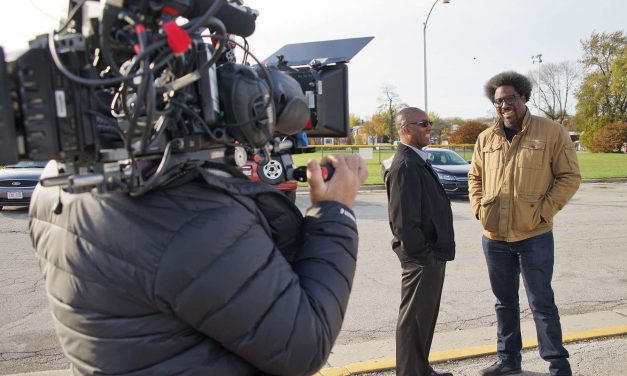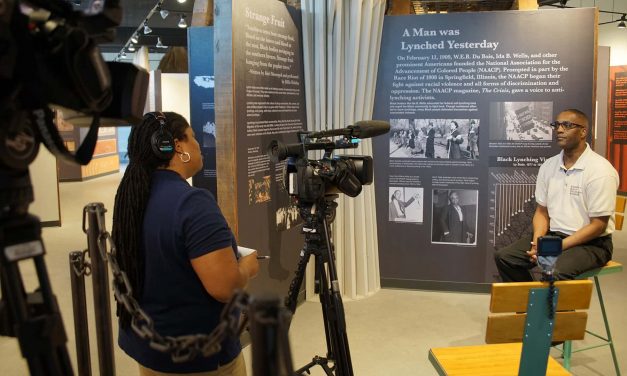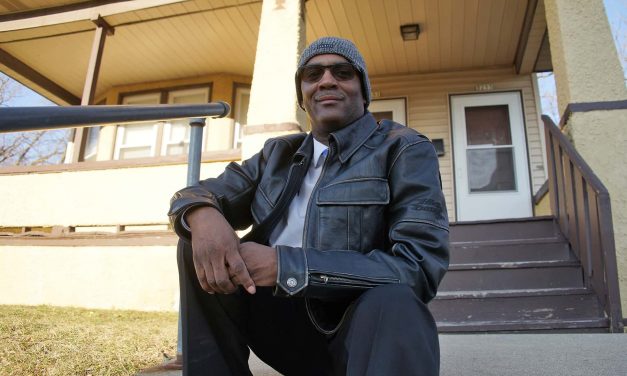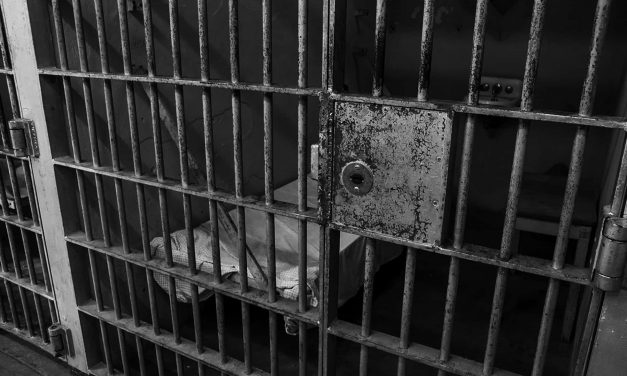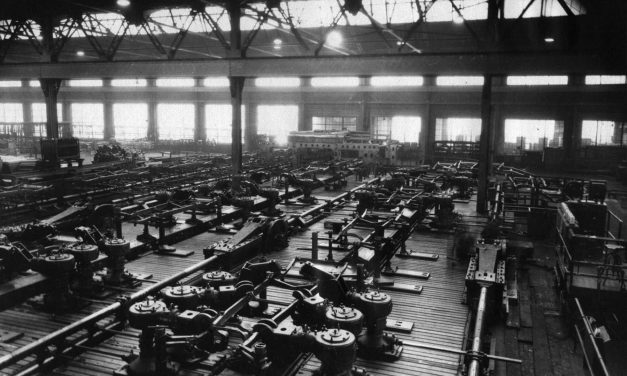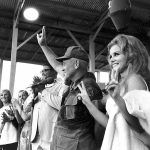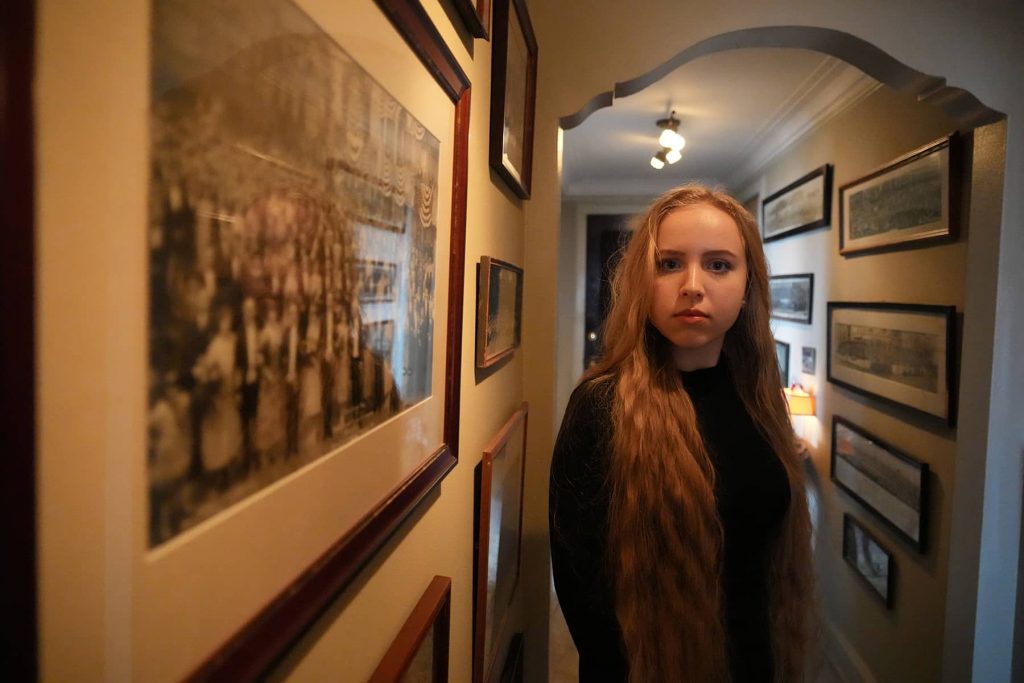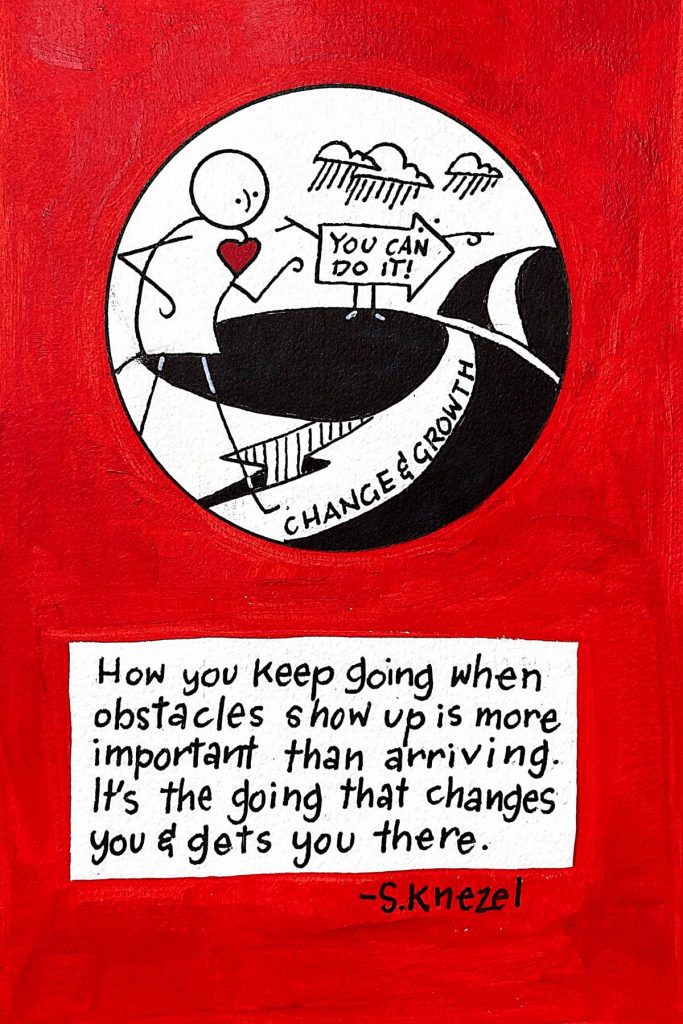Reggie Jackson: CNN Highlights Living While Black in Milwaukee on “United Shades of America”
CNN broadcast its highly anticipated Milwaukee-based episode of United Shades of America on June 9. The network referred to the episode as “Living While Black in Milwaukee.” The crew from CNN came to Milwaukee for a few days last October to film the segment. They interviewed me in Sherman Park, discussing the civil unrest of August 2016. I talked about the events and issues leading up to the incident that arose after the shooting death of Sylville Smith. I wrote an article about the topic back during the second day of the unrest. Lisa Ceasar, Chief Operating Officer for...
Read More
